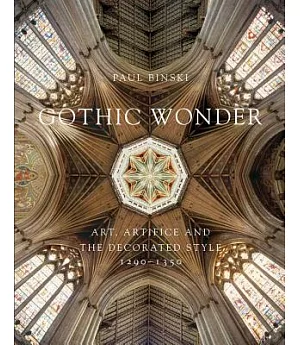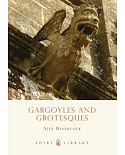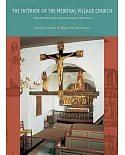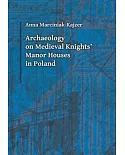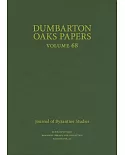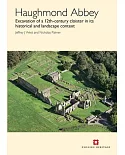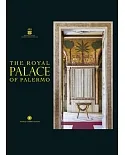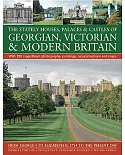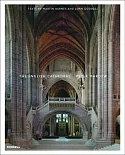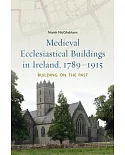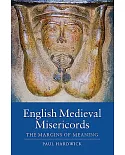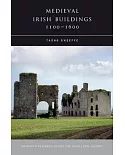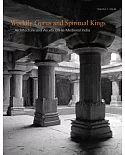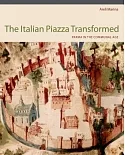In this wide-ranging, eloquent book, Paul Binski sheds new light on one of the greatest periods of English art and architecture, offering ground-breaking arguments about the role of invention
and the powers of Gothic art. His richly documented study locates what became known as the Decorated Style within patterns of commissioning, designing, and imagining whose origins lay in
pre-Gothic art. By examining notions of what was extraordinary, re-evaluating medieval ideas of authorship, and restoring economic considerations to the debate, Binski sets English visual art
of the early 14th century in a broad European context and also within the aesthetic discourses of the medieval period. The author, stressing the continuum between art and architecture,
challenges understandings about agency, modernity, hierarchy, and marginality. His book makes a powerful case for the restoration of the category of the aesthetic to the understanding of
medieval art. Generously illustrated with hundreds of images, Gothic Wonder traces the impact of English art in Continental Europe, ending with the Black Death and the literary uses of
the architectural in works by Geoffrey Chaucer and other writers.

